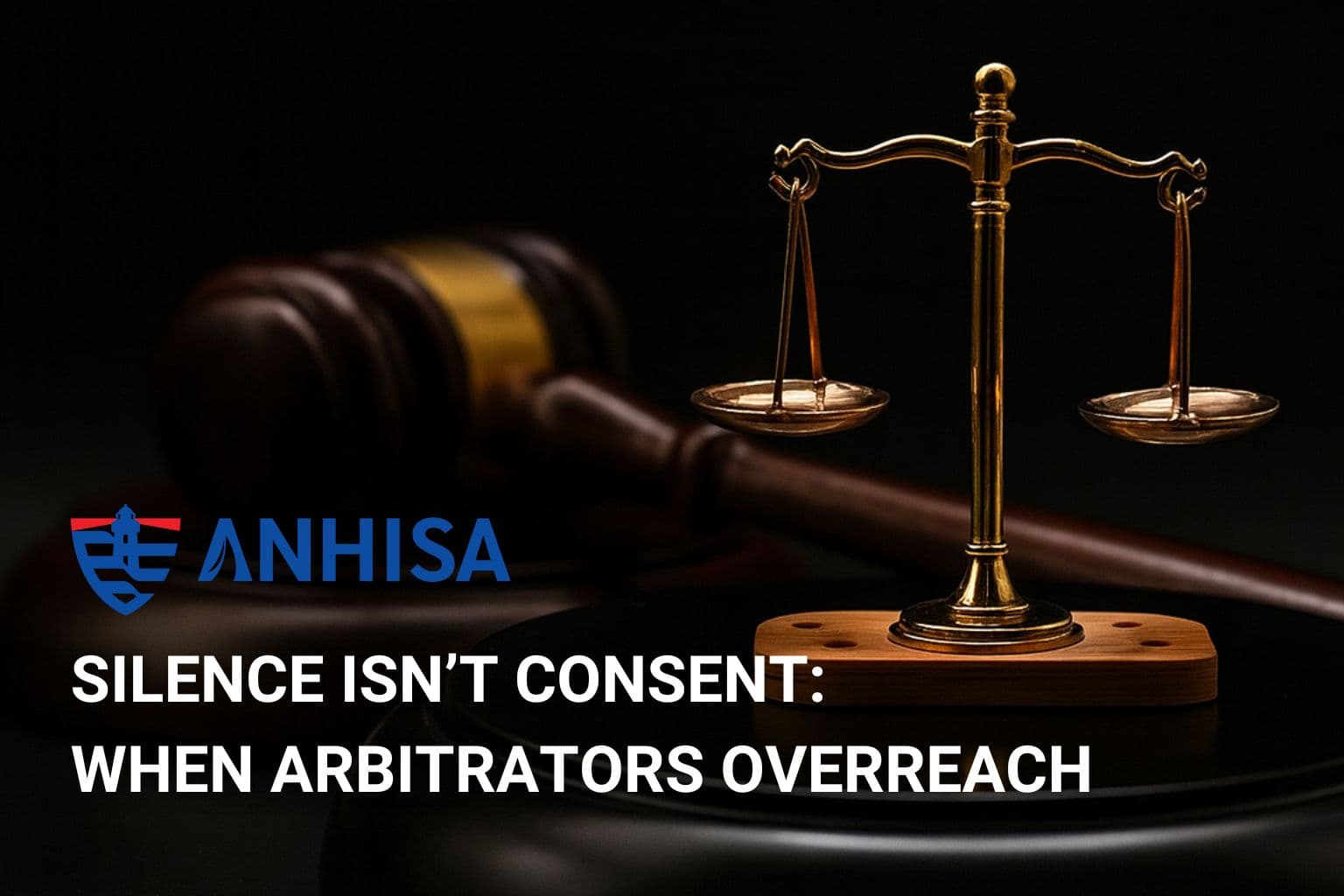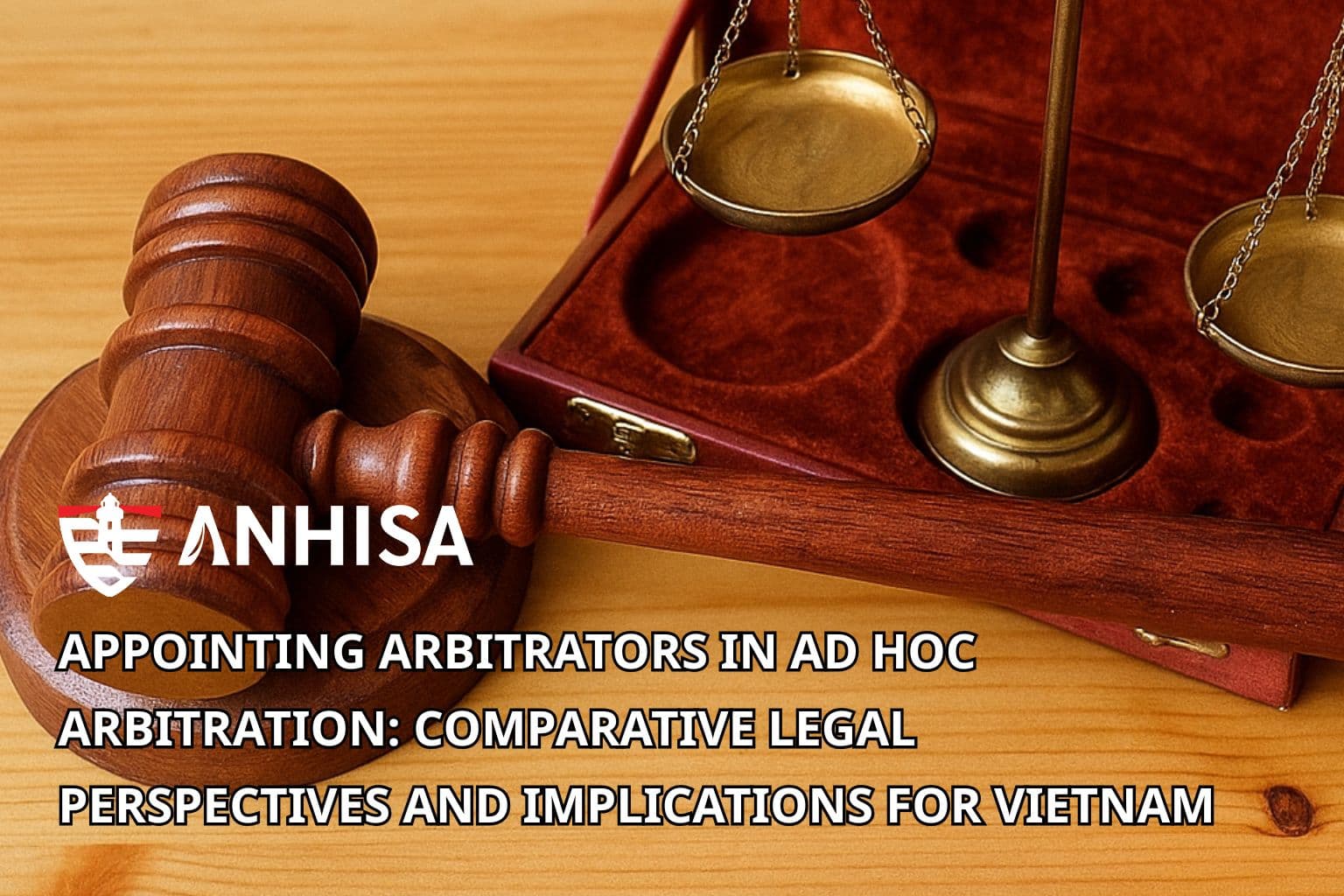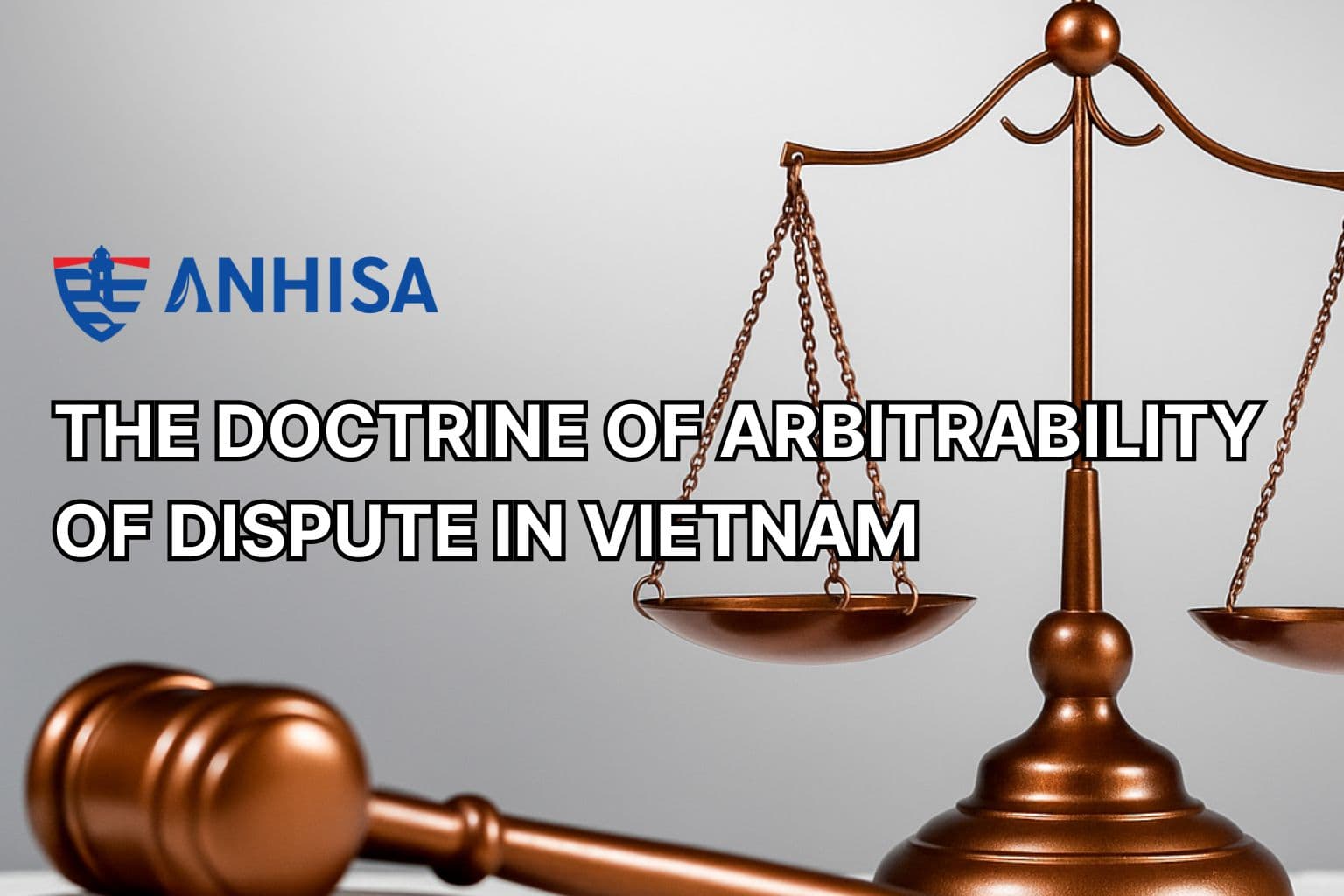PARTIES TO AN ARBITRATION AGREEMENT
October 01, 2025
Foreword
An arbitration agreement, while fundamentally a contractual arrangement, operates within a unique hybrid framework that blends contractual principles with procedural rules of arbitration law, as well as the parties’ personal laws. The effectiveness of an arbitration agreement hinges not only on its form and scope, but also on whether the parties have the legal standing as well as capacity to enter into and bind themselves to it. Without carefully determining this factor at the time of concluding the agreement, arbitral awards may be subject to the risk of being set aside or refusal of enforcement. Hence, determining the capacity of the parties is critical.
International framework on parties’ capacity
Internationally, the New York Convention[1] and the UNCITRAL Model Law[2] provide that a valid arbitration agreement, which is enforceable and recognizable, requires the parties to have appropriate capacity under the applicable law. More precisely, from the text of the international framework, the arbitral award may be set aside or refused for recognition and enforcement when a party to the arbitration agreement is “under some incapacity”.
For natural persons, this is typically assessed under their personal law – whether nationality or domicile – while for legal persons (entities), it is determined by the law of its place of incorporation. These broad principles are well accepted, but their application varies from jurisdiction to jurisdiction.
Vietnamese law on parties’ capacity
In Vietnam, the starting point is clear. For an arbitration agreement, the 2010 Law on Commercial Arbitration (“LCA”) stipulates in Article 18 that an arbitration agreement may be considered void if the contracted individual(s) lack capacity to act.
Similarly, with a more umbrella scope, Article 117 of the 2015 Civil Code provides that a transaction – which includes a contract/agreement – is only valid if all parties possess sufficient capacity for such a transaction.

1. Natural persons
For natural persons, full capacity to enter into an arbitration agreement generally requires being at least 18 years old – at which they will have full rights and obligations under the law – and not subject to any legal restrictions.
However, a person, who fulfills the above-mentioned condition, nevertheless, faces restrictions when (subject to the statutory regulations of the law) a competent Court declares or recognizes that they either (i) are incapacitated from actions due to physical or mental conditions, or (ii) have limited capacity due to drug addiction or other psychotropic substances addiction[3].
2. Legal persons (entities): Enterprises
Including and besides the most basic requirements such as lawful establishment and operating licenses, enterprises’ capacity to enter into and be bound by arbitration agreements is mainly governed by their charter (i.e., their constitution) and relevant Vietnamese law governing an enterprise’s field of business and organizations.
Under its own charter, it is rarely found an enterprise that bars or limits (even only to some degree) itself from referring disputes to arbitration. Commonly, if a party does not want to choose arbitration as the forum for dispute resolution, it would typically propose during contract negotiation/drafting that the Court should be such authority – instead of limiting its option for arbitration from the get-go within its governing corporate documents.
An issue worth noting is that, under Vietnamese law, not all forms of “enterprises” are considered “legal persons (entities)”.
Namely, a “sole proprietorship” – an enterprise owned by a single individual and registered to the authority as a sole proprietorship – is not considered a legal person; instead, it operates under the name and capacity of its owner, who is responsible for the entire operation of the enterprise and undertakes unlimited liabilities using his/her own assets. On the other hand, apart from sole proprietorships, a ”household business” – a small-scale business that is not required by the law to be registered as an enterprise – is not an enterprise nor a legal person; in terms of operation and liability, a household business operates in a similar manner to a sole proprietorship.
As such, for these forms of business, their capacity to enter into arbitration agreements lies upon the owner’s capacity as a natural person.
3. State and state agencies (including state enterprises)
It is unusual for the State and state agencies to limit their ability to refer disputes to arbitration. Pursuant to Article 2 of the LCA concerning arbitrability, disputes arising from commercial activities or having at least one party conducting commercial activities shall fall into the jurisdiction of arbitration. As such, unless there is a statutory law (regarding a specific or sensitive field of business) or governing document (which could be situational) that specifically restricts the State or state agencies’ ability to choose arbitration as a dispute resolution forum, any commercial dispute within the scope of Article 2 of the LCA should be viable for arbitration.
However, to cover this legal risk, it is advisable to do a diligence check on their incorporation decision, their charter, and other legislation regulating their operation before entering into arbitration agreements with the State or state agencies, ensuring that the transaction is not barred from, or otherwise all necessary procedures for getting consent have been put in order, for establishing valid arbitration agreements.
Other than the noteworthy concerns raised above, the capacity of the State and state agencies to enter into arbitration agreements is subject to similar requirements as that of legal persons.

Conclusion
The question of “who the parties are” in arbitration is not merely a matter of naming them in the agreement. In Vietnam, as in many jurisdictions, it requires a careful examination of the parties’ capacity, authority, and, where applicable, statutory limitations. While the national legislation aligns broadly with the international standards embodied in the New York Convention and UNCITRAL Model Law, the actual practice has faced challenges from Vietnamese courts after the arbitral awards are rendered. For those seeking to arbitrate in or with Vietnam, diligence at the contracting stage is not optional – it is the foundation on which the enforceability of the entire process rests.
For foreign investors, partners, and international practitioners, it is essential to verify not only the legal existence of the Vietnamese counterparty but also the capacity and authority of the person signing the agreement. This often means reviewing the company’s charter, its business registration, and, in the case of state-owned enterprises or agencies, ensuring all required governmental approvals are in place before signing. Failing to do so can turn an apparently solid arbitration agreement into a jurisdictional minefield.
[1] Article V.1(a) of the New York Convention.
[2] Articles 34.2(a)(i) and 36.1(a)(i) of the UNCITRAL Model Law.
[3] Article 22 and Article 24 of the 2015 Civil Code.
AUTHORS
DANG VIET ANH
Managing Partner
Mobile: (+84) 983 467070
Email: [email protected]
TRUONG CONG HONG
Senior Associate
Mobile: (+84) 909 814090
Email: [email protected]
VO DUC MAI KHOI
Associate
Mobile: (+84) 903 672488
Email: [email protected]
This article aims to furnish our clients and contacts with general information on the relevant topic for reference purposes only, without creating any duty of care on the part of ANHISA. The information presented herein is not intended to serve, nor should it be considered, as a substitute for legal or other professional advice.
ANHISA LLC AND OUR EXPERTISE
ANHISA LLC is a boutique law firm specializing in Dispute Resolution, Shipping and Aviation. Being the leading lawyers in various fields of law, our qualified, experienced, and supportive team of lawyers know how to best proceed with a case against or in relation to Vietnamese parties and are well equipped to provide clients with cost-effective and innovative solutions to their problems.
Regarding dispute resolution, we have represented Vietnamese and foreign clients in the resolution of disputes involving maritime, construction, commercial and civil matters. Our lawyers are well-equipped to offer services on a wide range of disputes and conflicts, whether cross-border or purely domestic, to appear before any Judges or Arbitral Tribunals. The firm is prepared to assist clients in designing the appropriate dispute resolution procedure to help resolve conflicts as efficiently and cost effectively as possible, which may involve combining elements of mediation and other methods such as arbitration.
Related posts

SILENCE ISN’T CONSENT: WHEN ARBITRATORS OVERREACH
November 27, 2025

APPOINTING ARBITRATORS IN AD HOC ARBITRATION: COMPARATIVE LEGAL PERSPECTIVES AND IMPLICATIONS FOR VIETNAM
October 08, 2025

THE DOCTRINE OF ARBITRABILITY OF DISPUTE IN VIETNAM
September 24, 2025
- TEL:
- Hanoi Office: +84 24 320 47609
- Saigon Office: +84 28 5416 5873
- HOTLINE:
- +84 (0) 939 117 398
- +84 (0) 983 488 380


